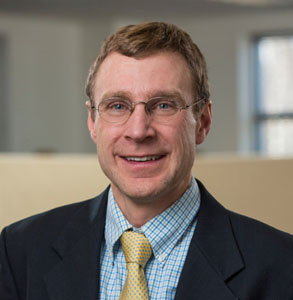Advancing Landfill Reclamation for Sustainable Waste Management: The Time Has Come (Again)
This presentation on landfill reclamation (i.e., landfill mining) highlights its importance to the evolving landscape of municipal solid waste management and environmental restoration in the U.S., particularly in the Northeast. Landfill reclamation is a viable strategy for recovering valuable land, airspace, and materials while mitigating environmental risks associated with aging, unlined MSW disposal sites.
In its simplest form, landfill reclamation involves excavating and processing excavated waste. Recovered recyclable materials can be sold or re-used, recovered land and airspace repurposed for (re)development, and a long-term environmental liability removed or dramatically reduced. Advanced sorting technologies, remediation techniques, and enhanced soil stabilization methods have improved reclamation efficiency.
Despite the potential benefits, landfill reclamation projects are rare because of their significant real and perceived engineering, environmental, and financial challenges, and because they present technical hurdles. Although implementation has been limited, reclamation projects should be more widely considered as the technological and social landscapes have shifted since early disposal regulations were enacted.
This presentation will address the fundamentals of landfill reclamation and highlight the need for adaptive policies that align with technological advancements, environmental priorities, and the evolving demands of land-use planning.
About the Speakers

Tim White
Senior Vice President | Sanborn, Head & Associates, Inc.
Tim White is a Senior Vice President and Principal with Sanborn Head in Burlington, Vermont. Tim has over 24 years of experience in hydrogeologic and environmental projects. Tim is responsible for designing and managing hydrogeologic and environmental investigations of solid waste landfills and hazardous waste sites, including Superfund sites, emphasizing investigation and analysis of groundwater flow systems and contaminant distribution to facilitate site characterization, and support design and implementation of remedial actions. Tim’s experience with groundwater quality monitoring at solid waste landfills has given him insights into the potential impacts that can be expected with landfill reclamation projects. Tim earned his Bachelor’s degree in Geology from St. Lawrence University and his Master’s degree in Hydrogeology from Washington State University. Tim is a Professional Geologist in six states, and is a member of SWANA, the International Solid Waste Association, the National Groundwater Association, and the International Association of Hydrogeologists.
Speakers
-
Tim White
Senior Vice President
Sanborn, Head & Associates, Inc.






